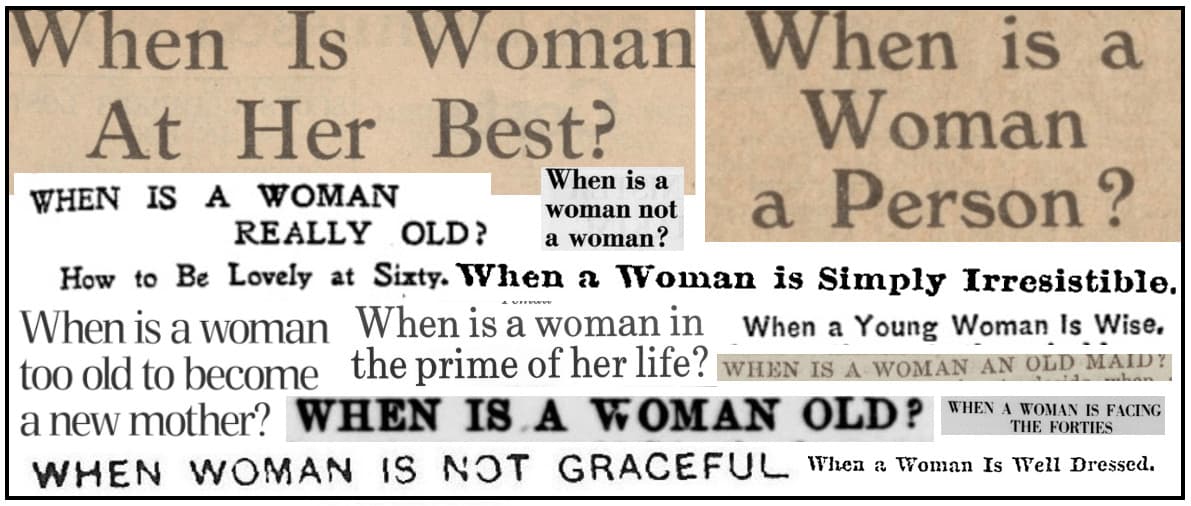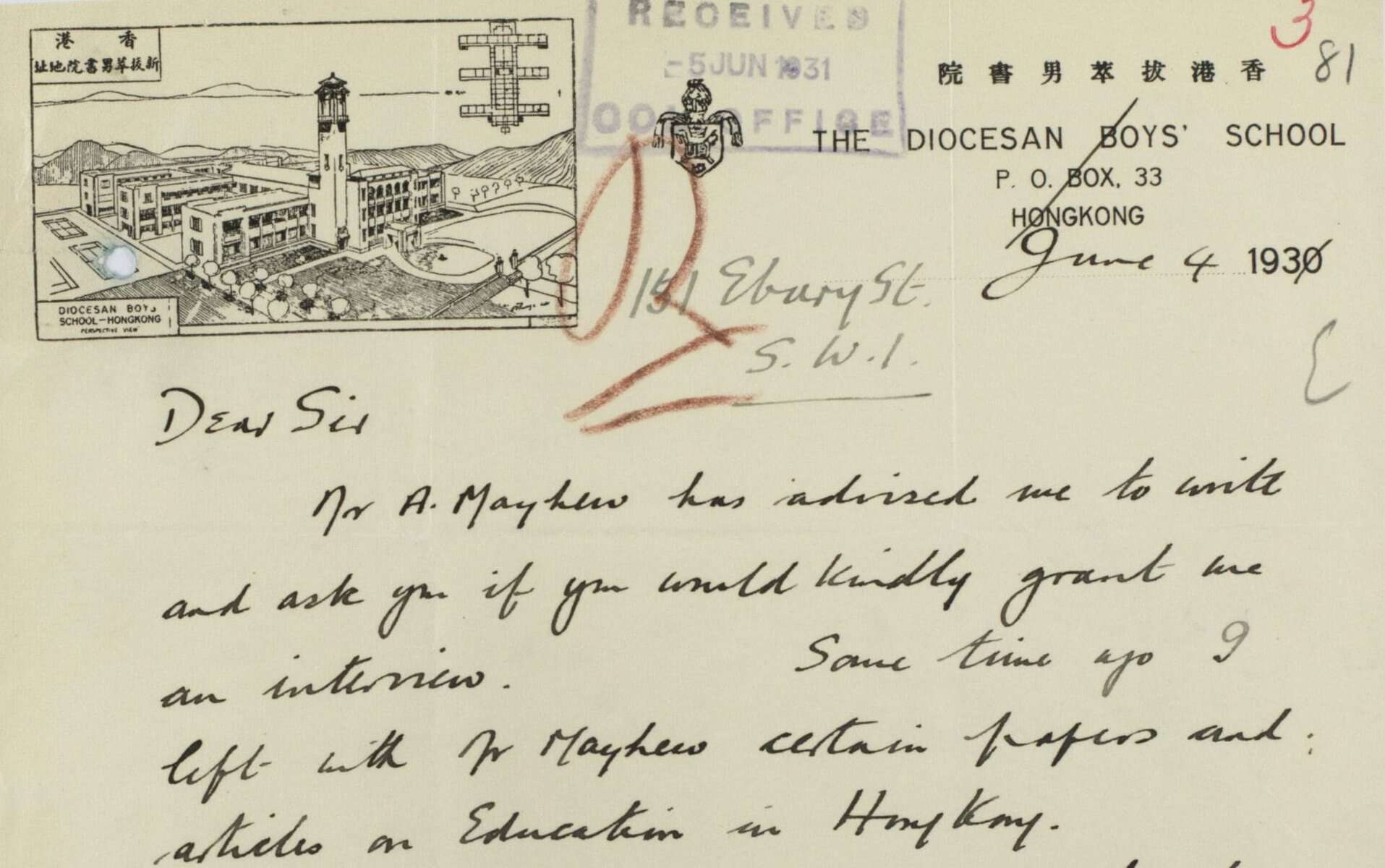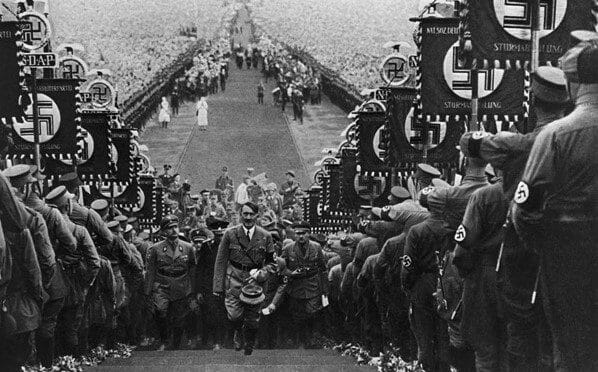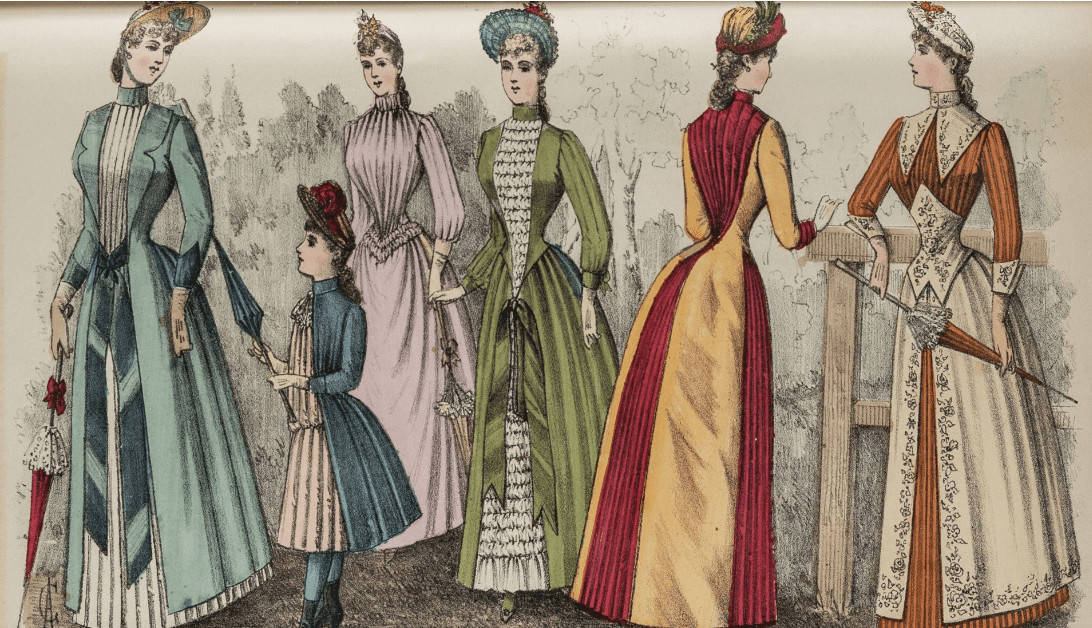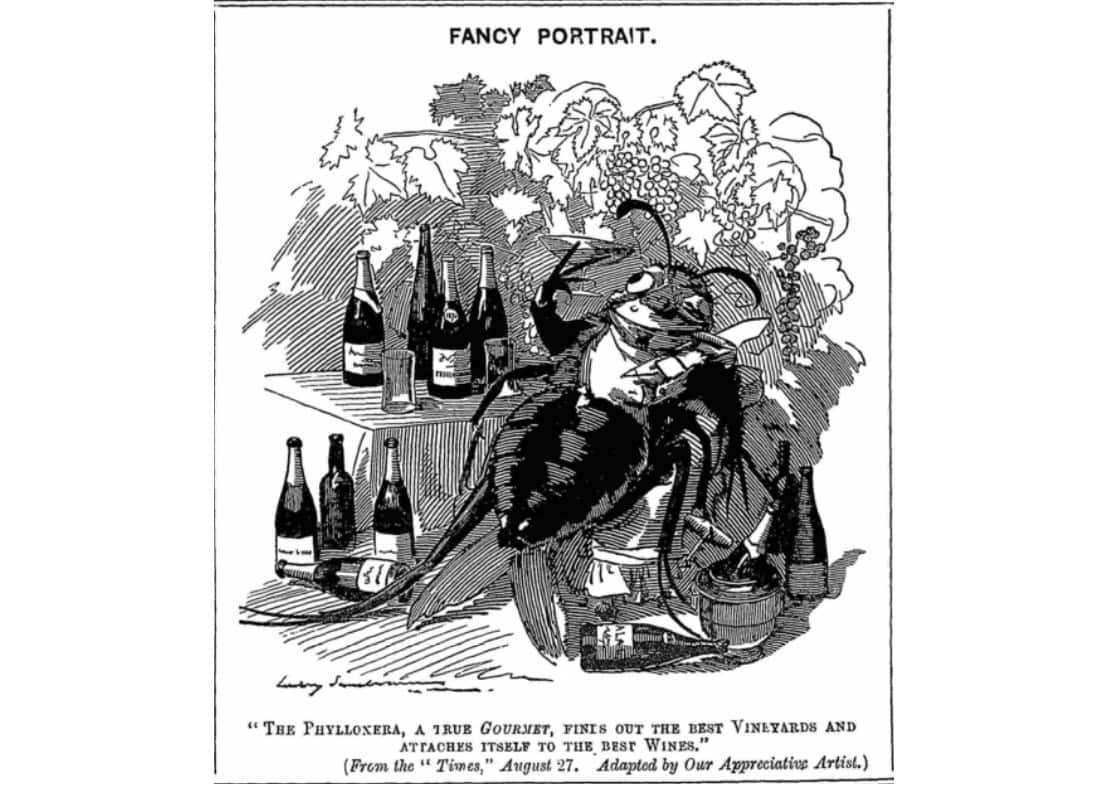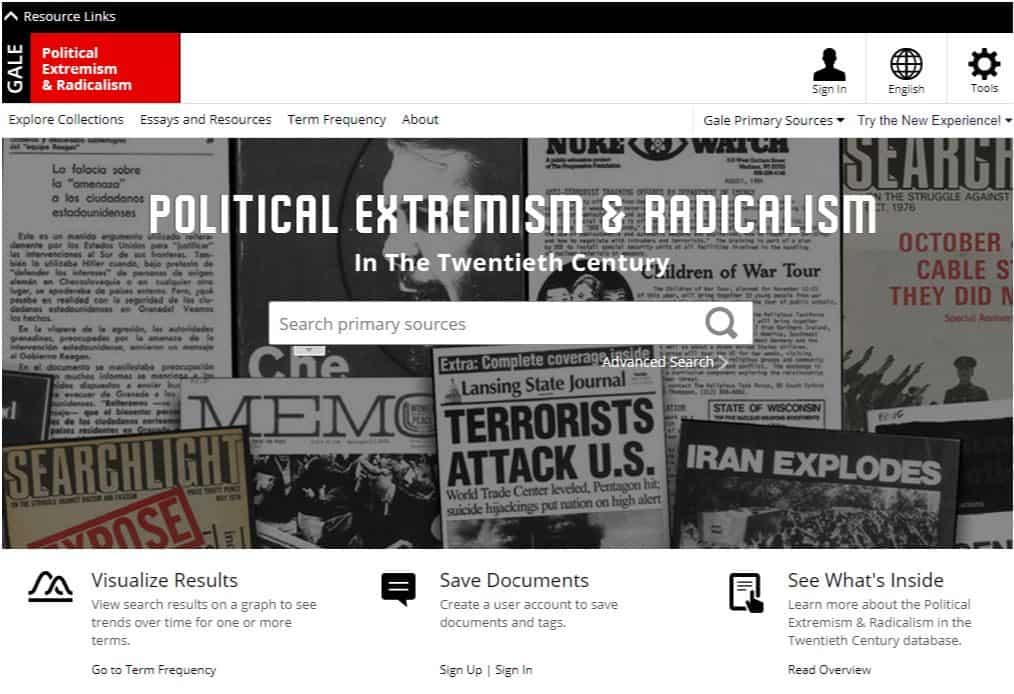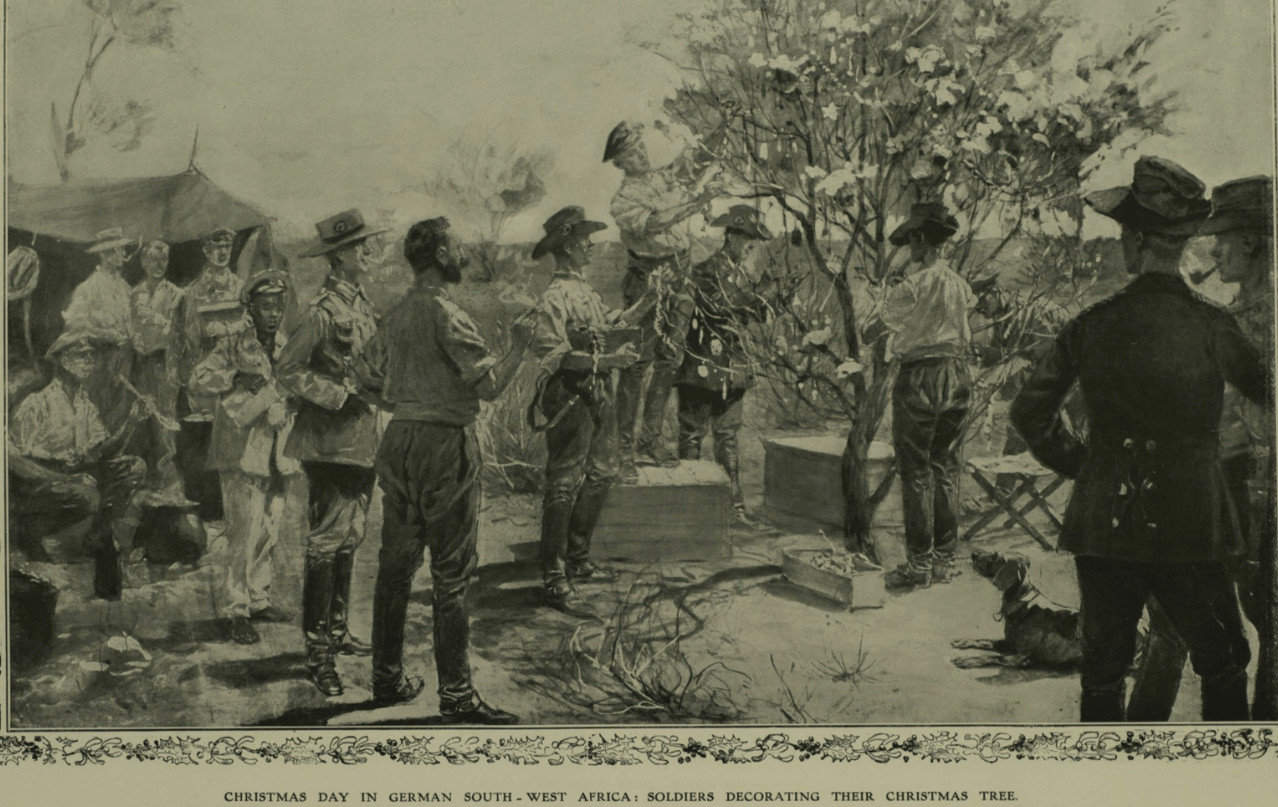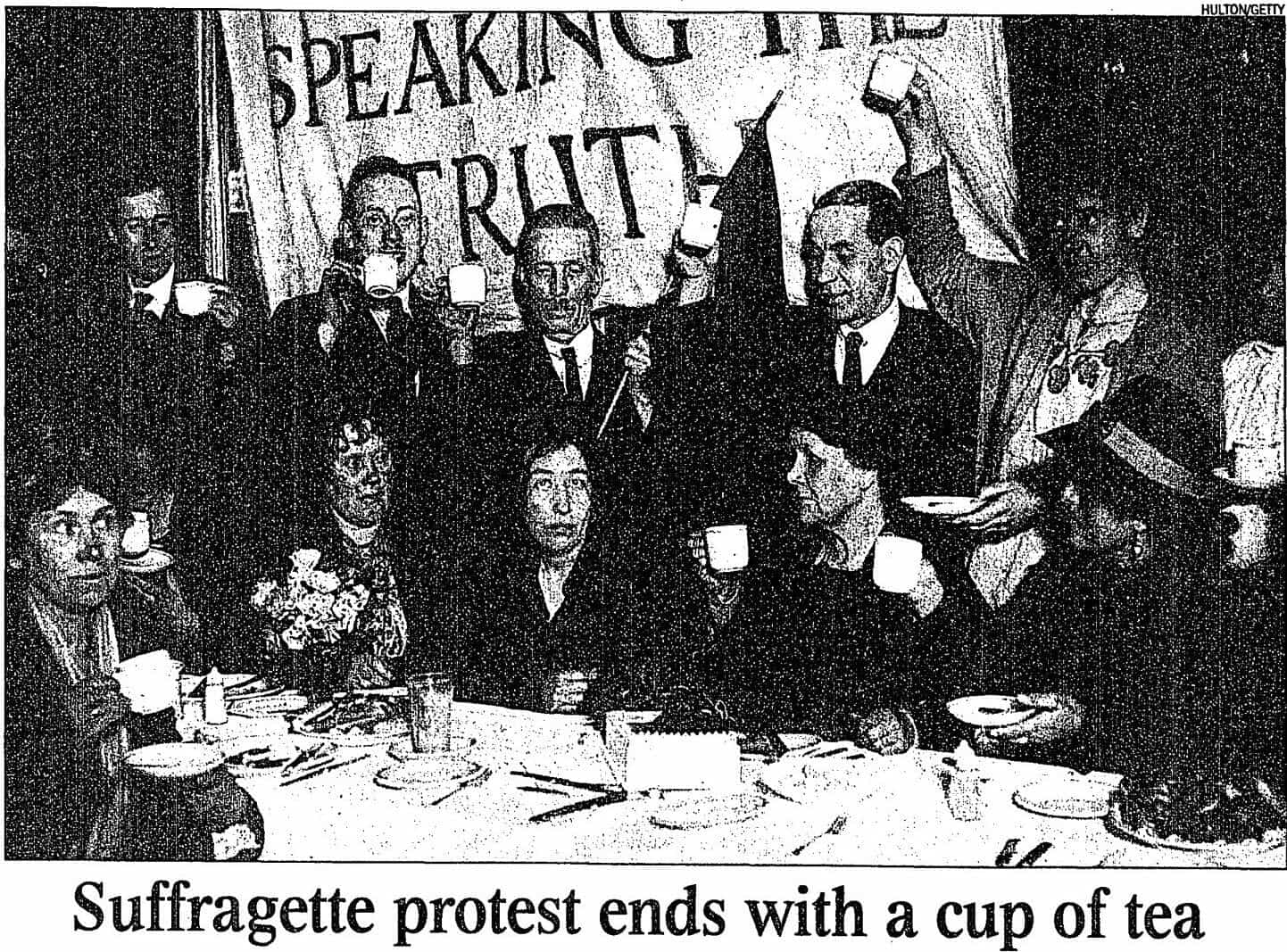│By Lily Deans, Gale Ambassador at the University of Birmingham│
Writing a dissertation is undoubtedly daunting, no matter how competent or confident you may feel by the time you proudly hand in the 12,000-word masterpiece! Just like writing a good essay, it is not just your own opinion that gets you the marks, but the opinions of others – and the way you use these opinions to either substantiate or contradict what you have said. So, naturally, the wider, more varied and unique the sources are that you use, the better awareness you will show of the existing discourse, and thus the more convincing your argument will be. “Ah yes,” I hear you say, “but where can I find these unique sources?” Well, with Gale Primary Sources, of course! This blog will show briefly the quantity and variety of sources I have found in Gale’s archives as I have been researching and writing my dissertation.


